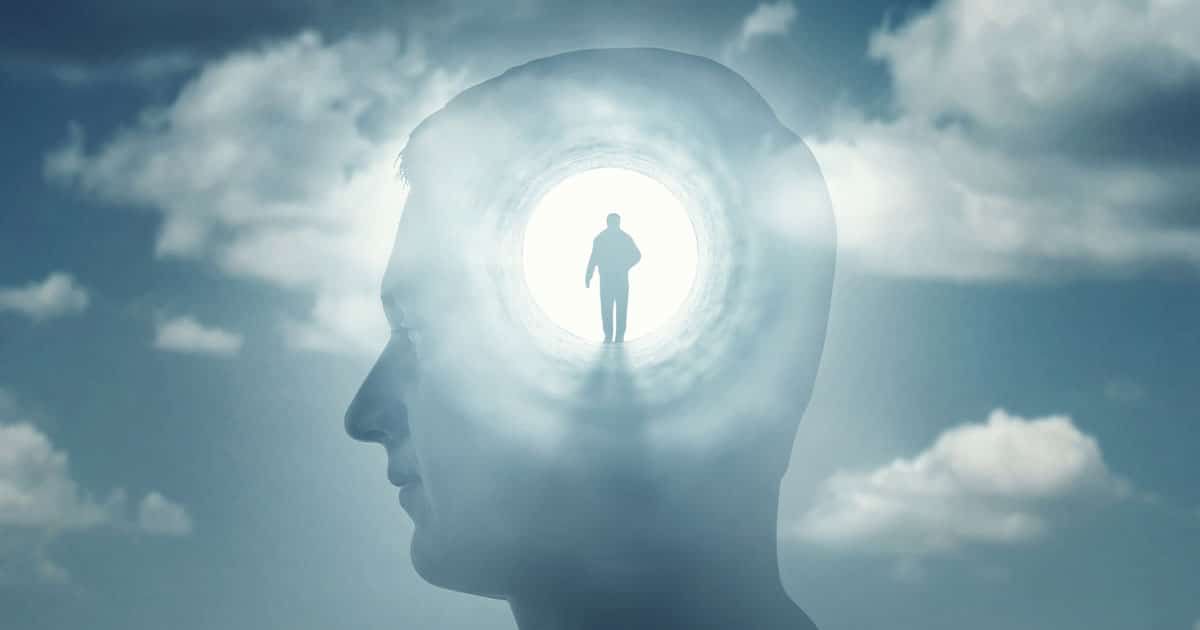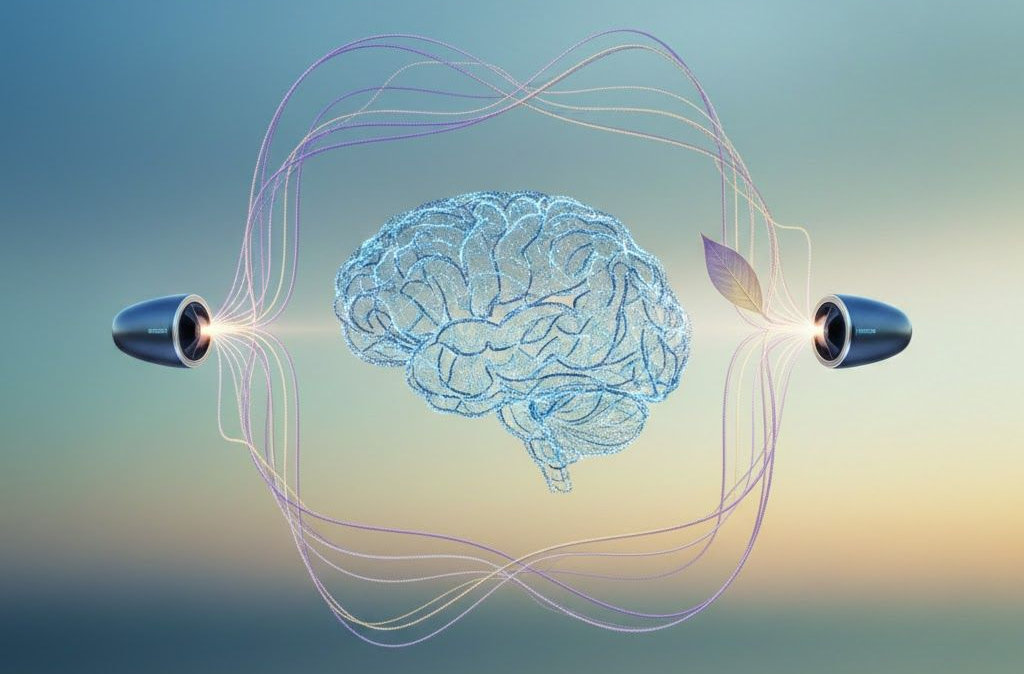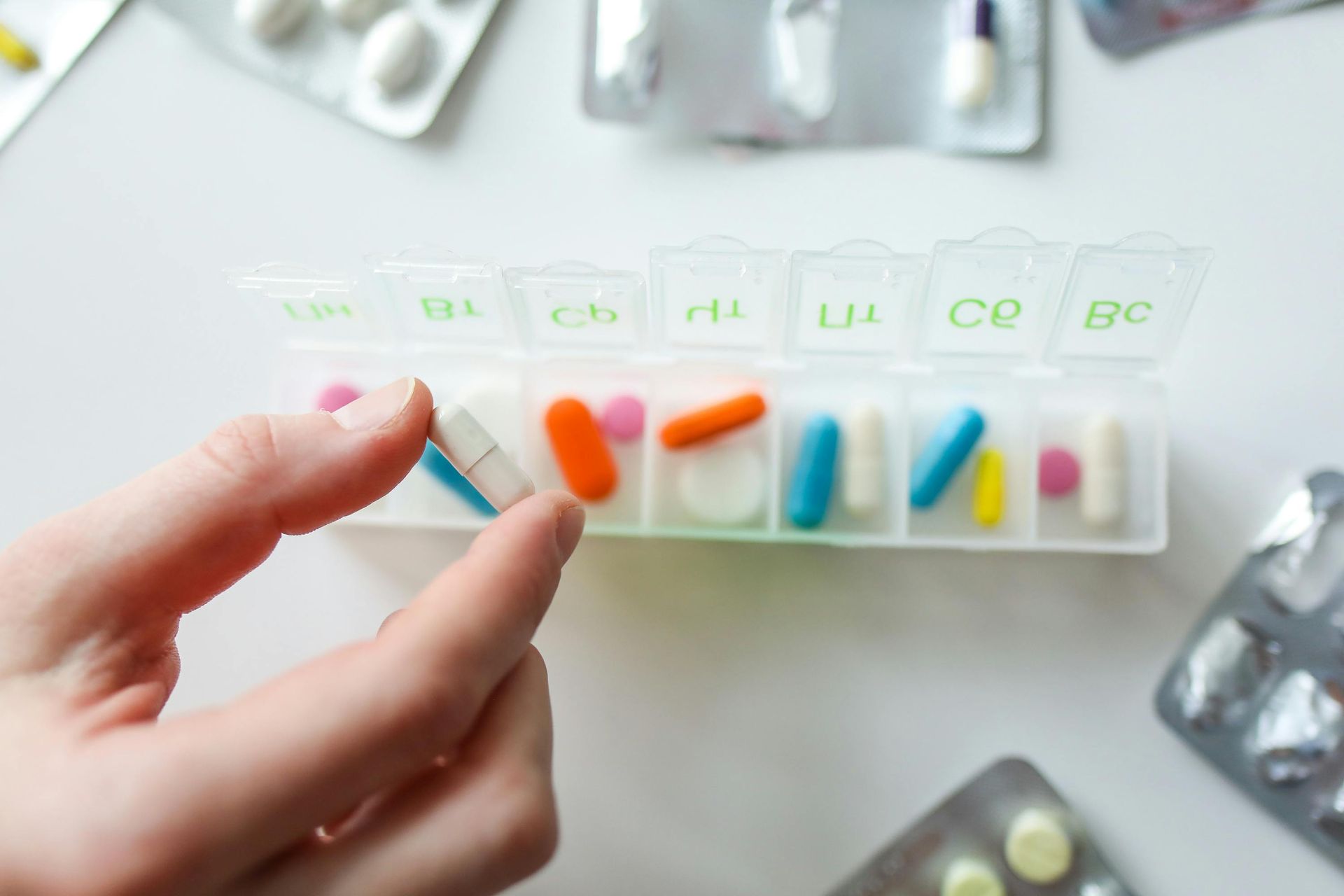What Is Ketamine Infusion Therapy & How Does It Affect The Brain?

The Albany Clinic • May 3, 2023
Ketamine is a medication that was first developed as an anesthetic in the 1960s. It has been used for decades to treat pain, sedate patients during medical procedures, and induce anesthesia for surgery. In recent years, ketamine has gained attention as a potential treatment for mental health conditions, such as depression, anxiety, and post-traumatic stress disorder (PTSD).
One form of ketamine treatment that has become increasingly popular is ketamine infusion therapy. In this blog, we are going to explore what ketamine infusions do to your brain, and how they may help those struggling with mental health conditions.
What are Ketamine Infusions?
Ketamine infusion therapy involves the administration of ketamine directly into the bloodstream through an IV (intravenous) line. The dose of ketamine used in this therapy is much lower than what is typically used for anesthesia. The infusion is typically given over the course of 40-60 minutes, during which the patient is closely monitored by a healthcare provider. The effects of ketamine infusion therapy are often felt within minutes to hours after the infusion is completed.
What Are Ketamine Infusions Used For?
While ketamine is primarily known as a dissociative anesthetic, it has been found to have therapeutic benefits for a range of mental health conditions, including depression, anxiety, PTSD, and bipolar disorder. Ketamine infusion therapy has also been used to manage chronic pain conditions, such as fibromyalgia and migraines. In addition, emerging research suggests that ketamine may be effective in treating addiction and obsessive-compulsive disorder (OCD).
Overall, ketamine infusion therapy is a promising treatment option for individuals struggling with mental health and other chronic conditions.
How Do Ketamine Infusions Work?
To understand how ketamine infusions work in the brain, it is crucial to first understand some basic neurochemistry. In the brain, neurons communicate with each other through the release and uptake of chemicals called neurotransmitters. One of these neurotransmitters, called glutamate, is involved in many important brain functions, including learning, memory, and mood regulation.
Ketamine works by blocking a specific type of receptor for glutamate , called the N-methyl-D-aspartate (NMDA) receptor. By blocking these receptors, ketamine leads to an increase in the levels of another neurotransmitter called brain-derived neurotrophic factor (BDNF). BDNF is a protein that is involved in the growth and survival of neurons, and it has been implicated in the development of depression and other mood disorders.
Studies have shown that ketamine infusions can lead to rapid increases in BDNF levels in the brain, which may be one reason why it is effective in treating depression and other mental health conditions. In addition to increasing BDNF levels, ketamine has also been shown to increase the formation of new synapses, or connections between neurons, in certain brain regions.
Another way that ketamine infusions may affect the brain is by altering the activity of certain brain networks.
Functional magnetic resonance imaging (fMRI) studies have shown that ketamine infusions can lead to changes in the activity of the default mode network (DMN), a set of brain regions that are active when we are not engaged in any particular task. The DMN has been implicated in self-referential thinking and rumination, which are common features of depression and other mood disorders.
By altering the activity of the DMN, ketamine may help to break negative thought patterns and promote more positive thinking. In addition to its effects on the DMN, ketamine has also been shown to increase activity in the prefrontal cortex, a brain region involved in decision-making, impulse control, and other higher cognitive functions.
The Importance of Ketamine Infusion Therapy
For many individuals, depression, anxiety, PTSD, and other mood disorders can significantly impact their quality of life and lead to feelings of hopelessness and despair. Ketamine infusion therapy offers a new treatment option that can help to alleviate symptoms and improve overall functioning.
By promoting the growth of new synapses and altering the activity of certain brain networks, ketamine infusion therapy may also offer long-term benefits that can help individuals maintain their mental wellness over time.
Final Thoughts
At The Albany Clinic, we understand that living with a mental health condition can be challenging and frustrating. That is why we offer ketamine infusion therapy as a safe and effective treatment option for individuals struggling with depression, anxiety, PTSD, and other mood disorders. Our team of qualified medical professionals is dedicated to providing compassionate care in a safe and comfortable environment.
We are committed to working with our patients to develop individualized treatment plans that meet their unique needs and goals. If you are interested in learning more about ketamine infusion therapy and how it can benefit you or a loved one, please don’t hesitate to contact us. We look forward to helping you on your journey to better mental health. Contact us today to schedule your consultation.
The post What Is Ketamine Infusion Therapy & How Does It Affect The Brain? appeared first on The Albany Clinic.






